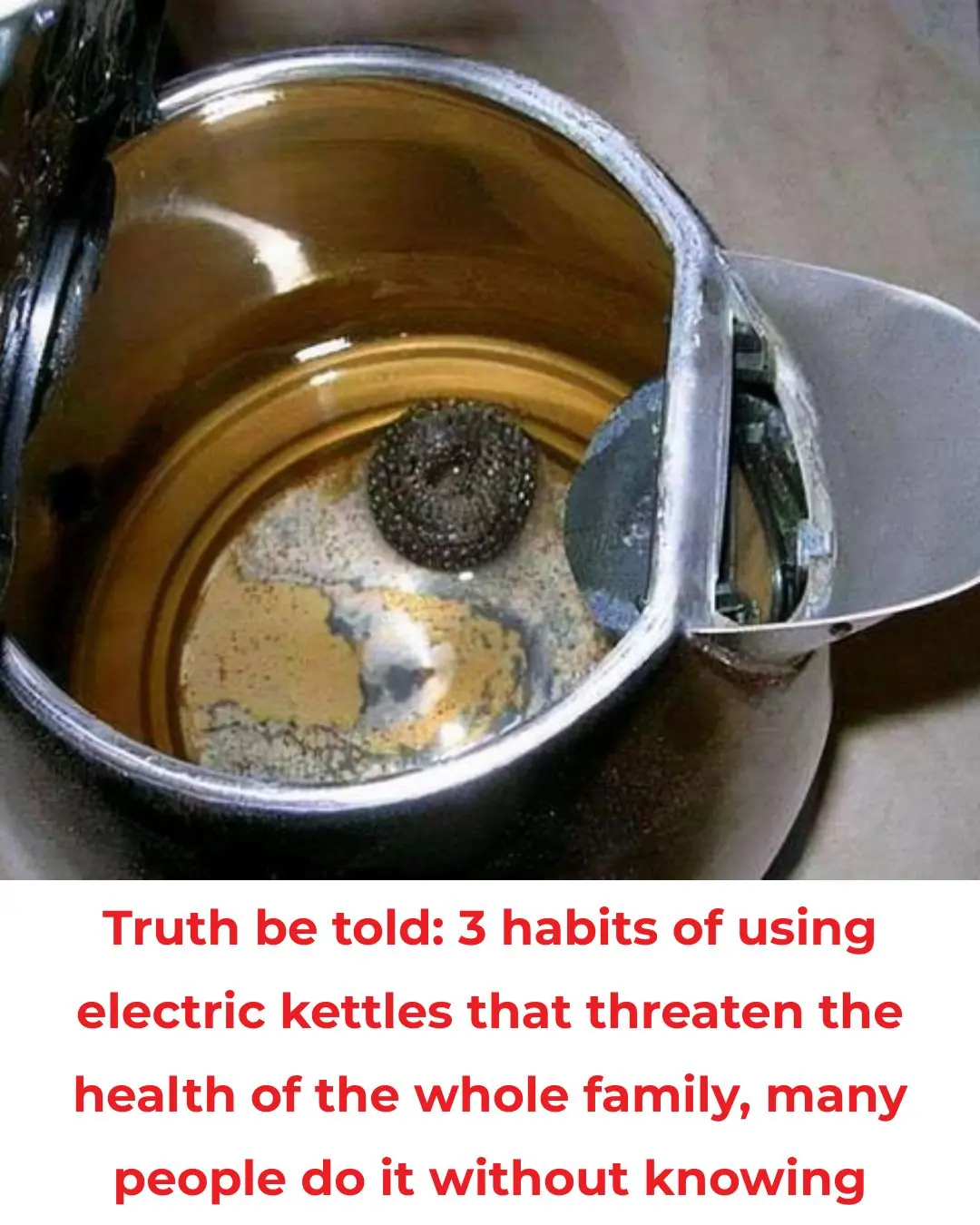
7 Foods That Don’t Spoil Easily: Still Safe to Eat Even After the Expiry Date
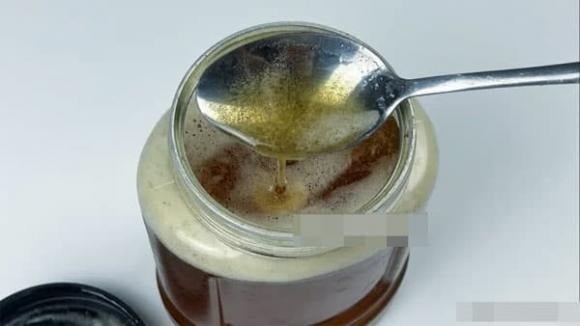
In reality, not all foods that have passed their "expiration date" need to be thrown away. Some foods can maintain their quality and safety long after the printed date, provided they are stored properly. Knowing which items these are can help reduce waste and save money. Here are 7 common foods that can last a very long time — and are still safe to consume even when “expired”.
1. Honey
Not only is honey known for aiding digestion, providing quick energy, and beautifying the skin, it's also famous for its virtually eternal shelf life. Thanks to its extremely low water content and high concentrations of glucose and fructose, honey creates an environment that inhibits bacterial growth. When stored in a tightly sealed container in a cool, dry place, honey can retain its quality for decades — or even indefinitely.
In fact, archaeologists have discovered pots of honey in ancient Egyptian tombs that are over 3,000 years old and still perfectly edible. If it crystallizes, simply warm it gently to restore its original texture — it’s not a sign of spoilage.
2. White Alcohol (Distilled Spirits)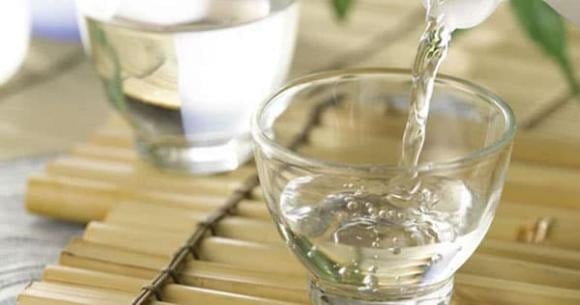
Good alcohol, especially distilled spirits like white wine or rice wine with an alcohol content above 10%, often becomes more valuable with time. That’s why many manufacturers don’t even print an expiration date on such products.
As long as the bottle is sealed and stored away from direct sunlight, its flavor can improve with age. So if you find an old bottle tucked away in a cabinet, don’t rush to discard it — it might actually taste better than when it was new.
3. Table Salt
Though packaging may list an expiration date of 2–3 years, table salt itself is essentially a mineral that doesn’t spoil. It has natural antibacterial properties and a stable structure that remains unchanged over time.
As long as it's stored in a dry place and away from moisture (to prevent clumping or mold), salt can last indefinitely. This applies especially to pure rock salt or sea salt without added anti-caking agents.
4. Soy Sauce & Rice Vinegar
Naturally fermented products like soy sauce and rice vinegar have high salt and acid content, making them hostile environments for most microorganisms. These ingredients can last for many years without going bad, especially if stored in a cool, dark place and sealed tightly after use.
Keep in mind, this durability only applies to pure, traditionally fermented varieties without preservatives or artificial additives. Over time, the flavor may deepen or become more complex, adding richness to your cooking.
5. Dried Tangerine Peel (Chenpi)
Dried tangerine peel, with its low moisture content and rich essential oils, not only keeps well but also becomes more valuable over time — both in terms of aroma and medicinal properties.
In traditional Chinese medicine, aged tangerine peel is prized for its ability to aid digestion and treat coughs. The older the peel, the more potent its therapeutic value, making it a treasured ingredient in many herbal remedies and teas.
6. Tea Leaves
Many types of tea — such as white tea, black tea, and Pu-erh — don't have a strict expiration date. In fact, under ideal storage conditions (cool, dry, and sealed away from light), some teas improve in flavor and value with age.
Aged teas, especially Pu-erh, are highly sought after and can fetch high prices. While the aroma and color may change over time, this natural aging process often enhances their character. However, flavored or blended teas with added ingredients may not keep as long.
7. Coffee (Especially Whole Beans)
Properly roasted and vacuum-sealed coffee, especially whole beans, is quite resistant to spoilage. Because it’s low in moisture and often packaged in airtight bags, coffee can remain safe to drink long past the printed expiration date.
Whole beans last longer than ground coffee, retaining flavor and aroma better over time. While it might lose some freshness, "expired" coffee is still safe to consume if stored in a cool, dry environment. For best results, grind the beans just before brewing.
Conclusion
Understanding which foods have a long shelf life — and how to store them properly — can help you avoid unnecessary waste and make the most of your pantry. Just remember: an expiration date is often a guideline for quality, not safety. Use your senses, store wisely, and you’ll be surprised how long some items can last.
News in the same category


Drinking coffee adds one more thing: No worries about discolored teeth or bad breath
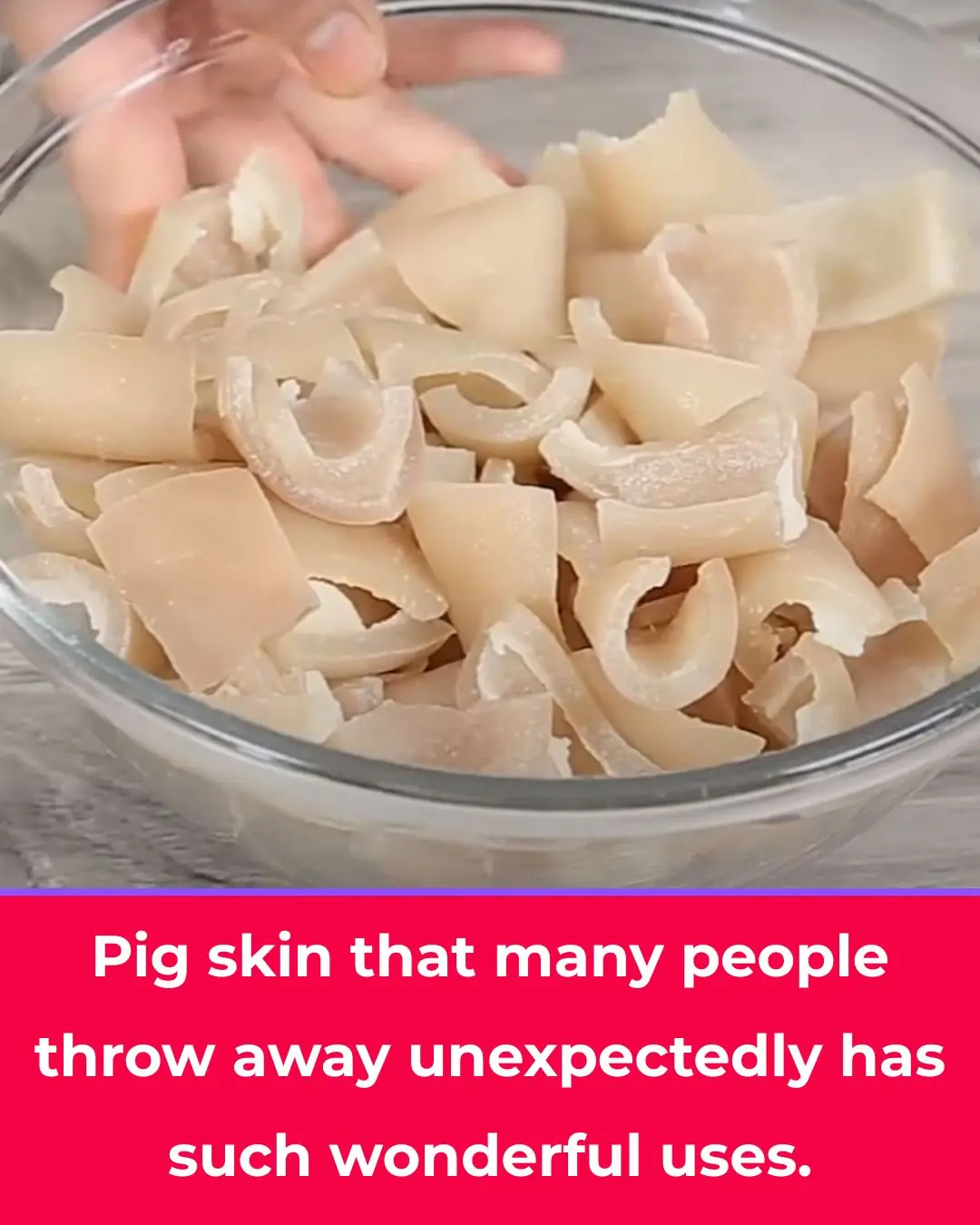
Pig skin that many people throw away unexpectedly has such wonderful uses

American doctor shows how to remove pesticides and dirt from fruits, just a few steps to reduce illness for the family

5 mistakes when drinking coffee that are harmful to your health: Especially the second type, quit immediately before it's too late
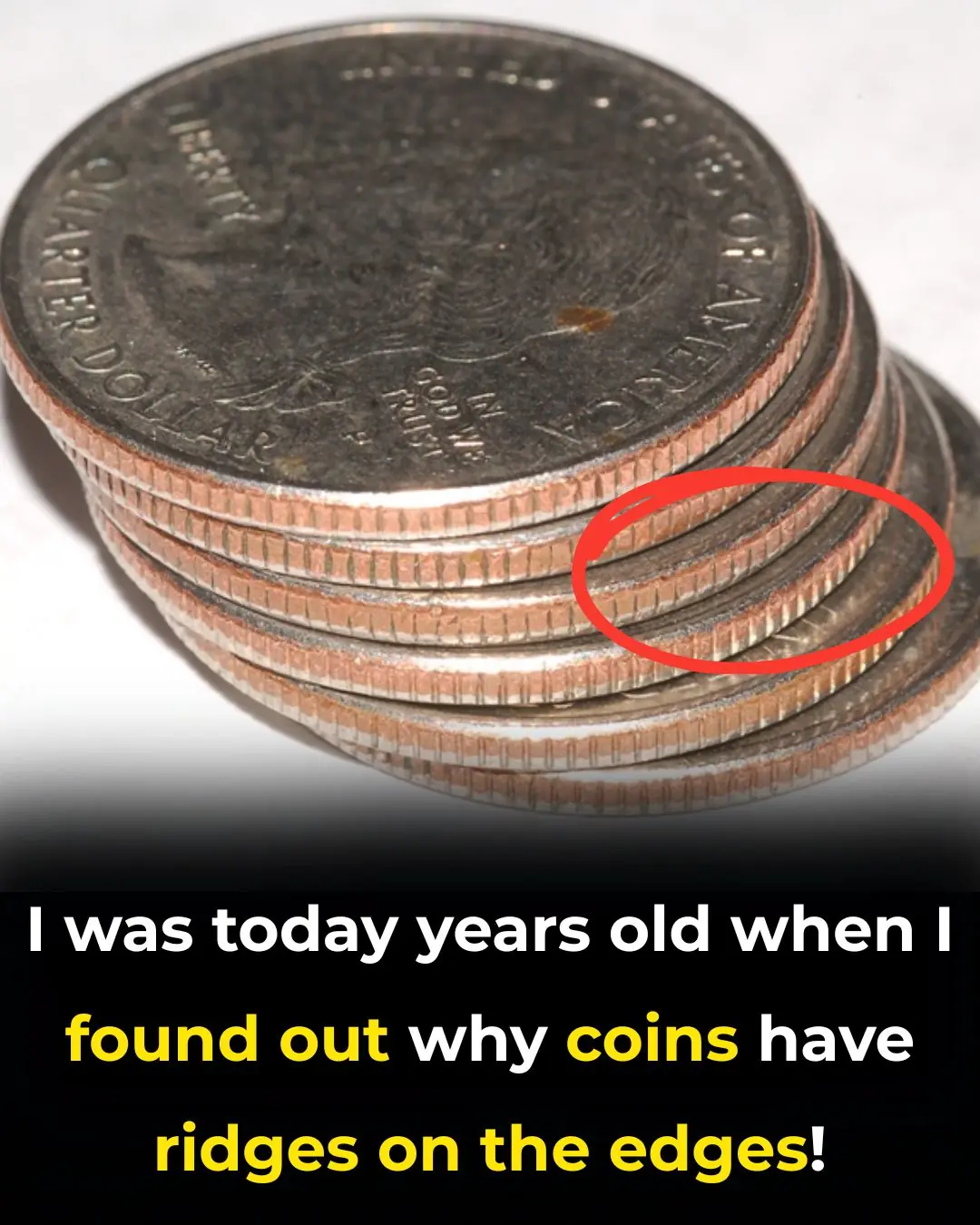
I was today years old when I found out why coins have ridges on the edges!

Here is what this little hole on the ear mean

Why You Should Never Pour Hot Water Into The Sink
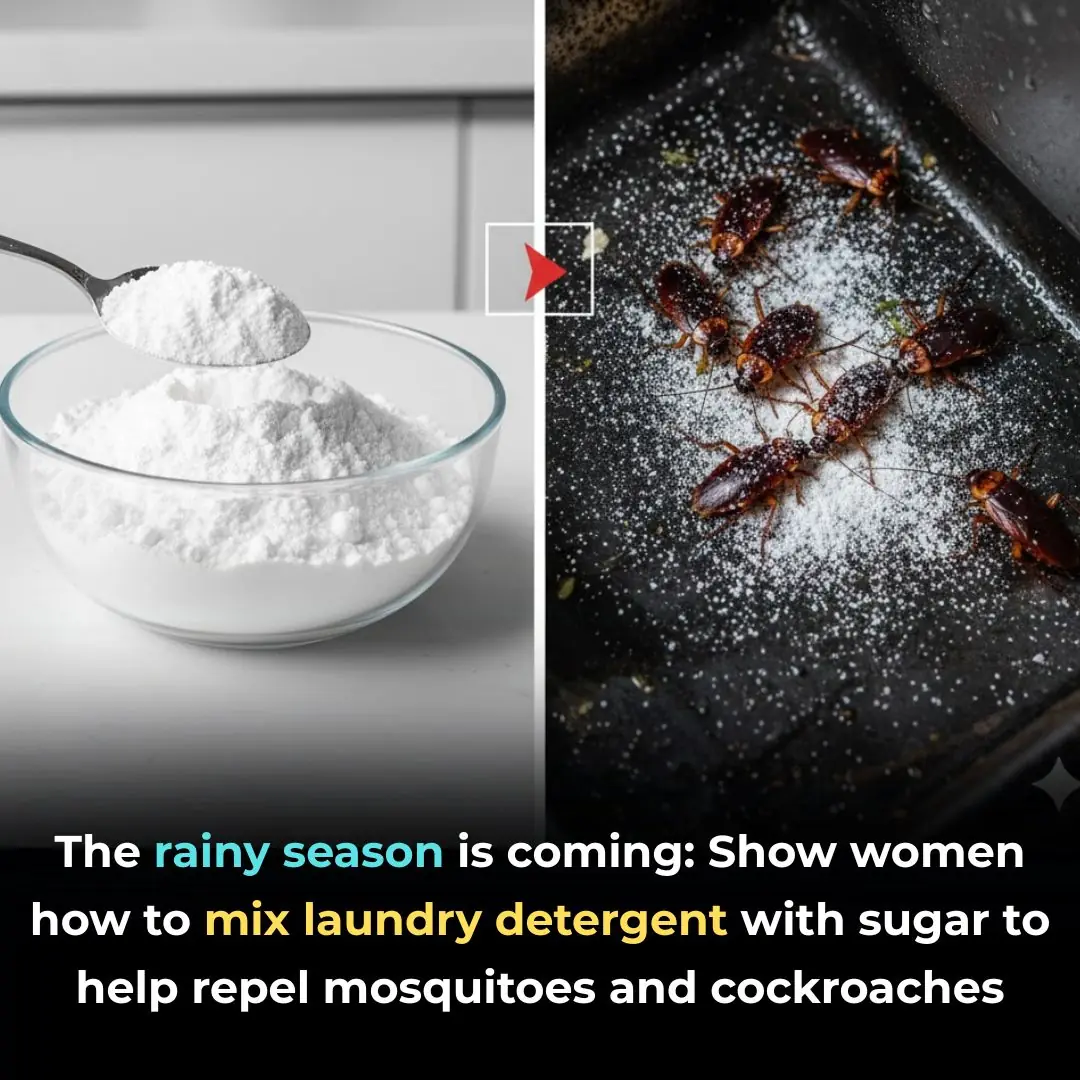
The rainy season is coming: Show women how to mix laundry detergent with sugar to help repel mosquitoes and cockroaches
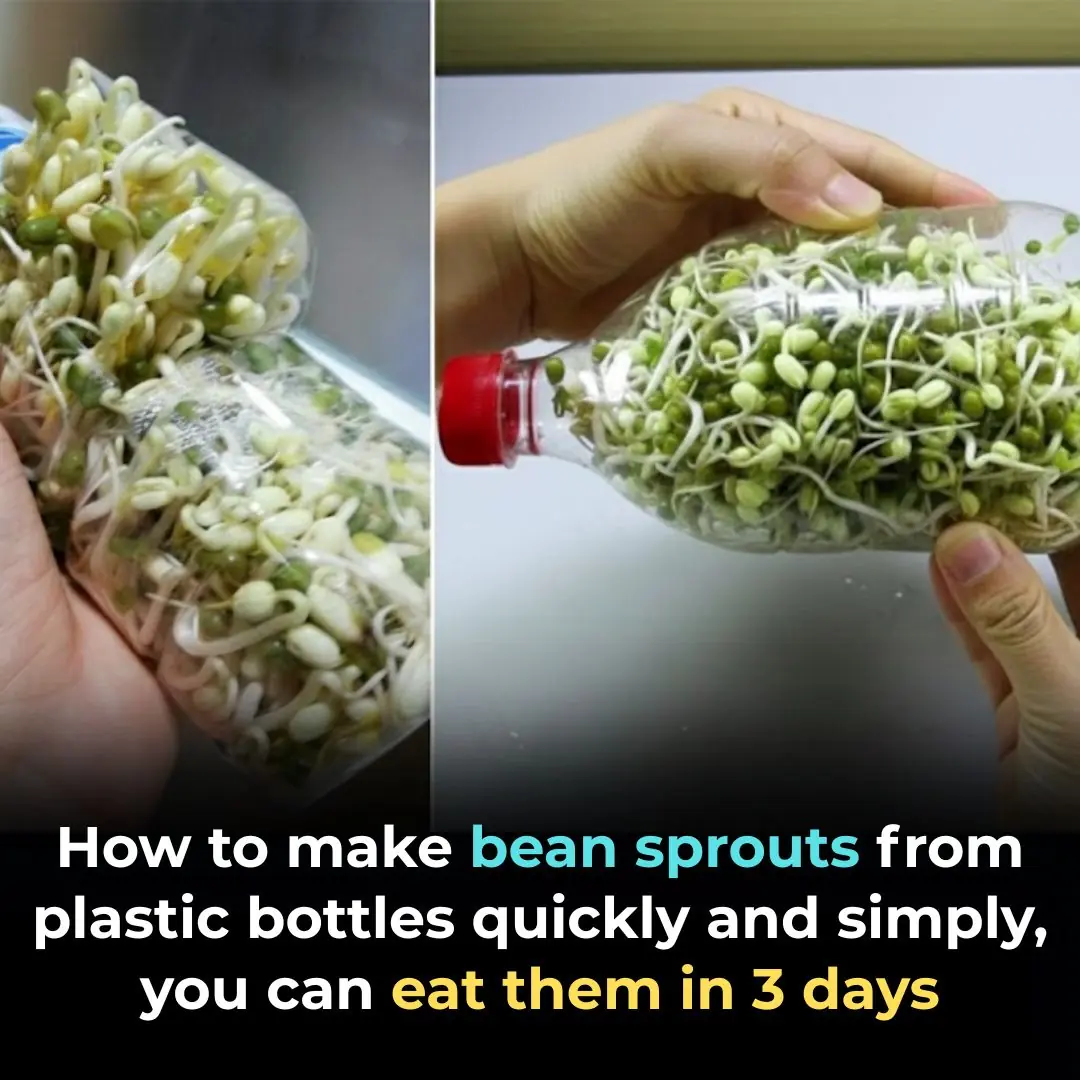
How to make bean sprouts from plastic bottles quickly and simply, you can eat them in 3 days
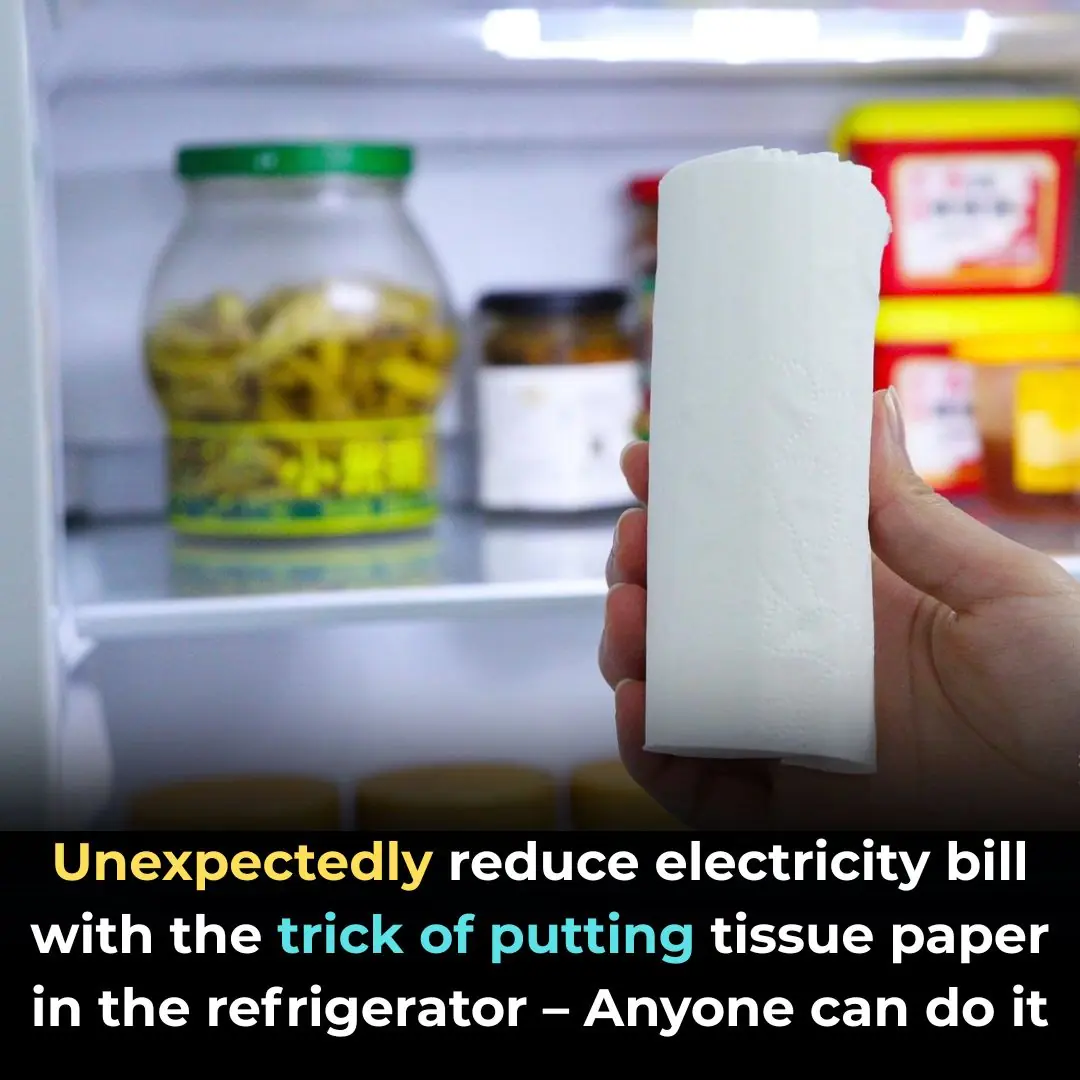
Unexpectedly reduce electricity bill with the trick of putting tissue paper in the refrigerator – Anyone can do it

Super cheap, super clean drain cleaning tips using only ingredients in the kitchen without needing a plumber

One week after applying this method, cockroaches, ants and mosquitoes no longer appeared in my house.

Just look at this point on the crab shell, 100% meat is enough to fill your teeth, husband and children praise it endlessly

No Matter How Dirty You Are, Absolutely AVOID These 7 “Dangerous Hours” When Washing Your Hair to Prevent Stroke, Sudden Illness, or Hospitalization Without Warning
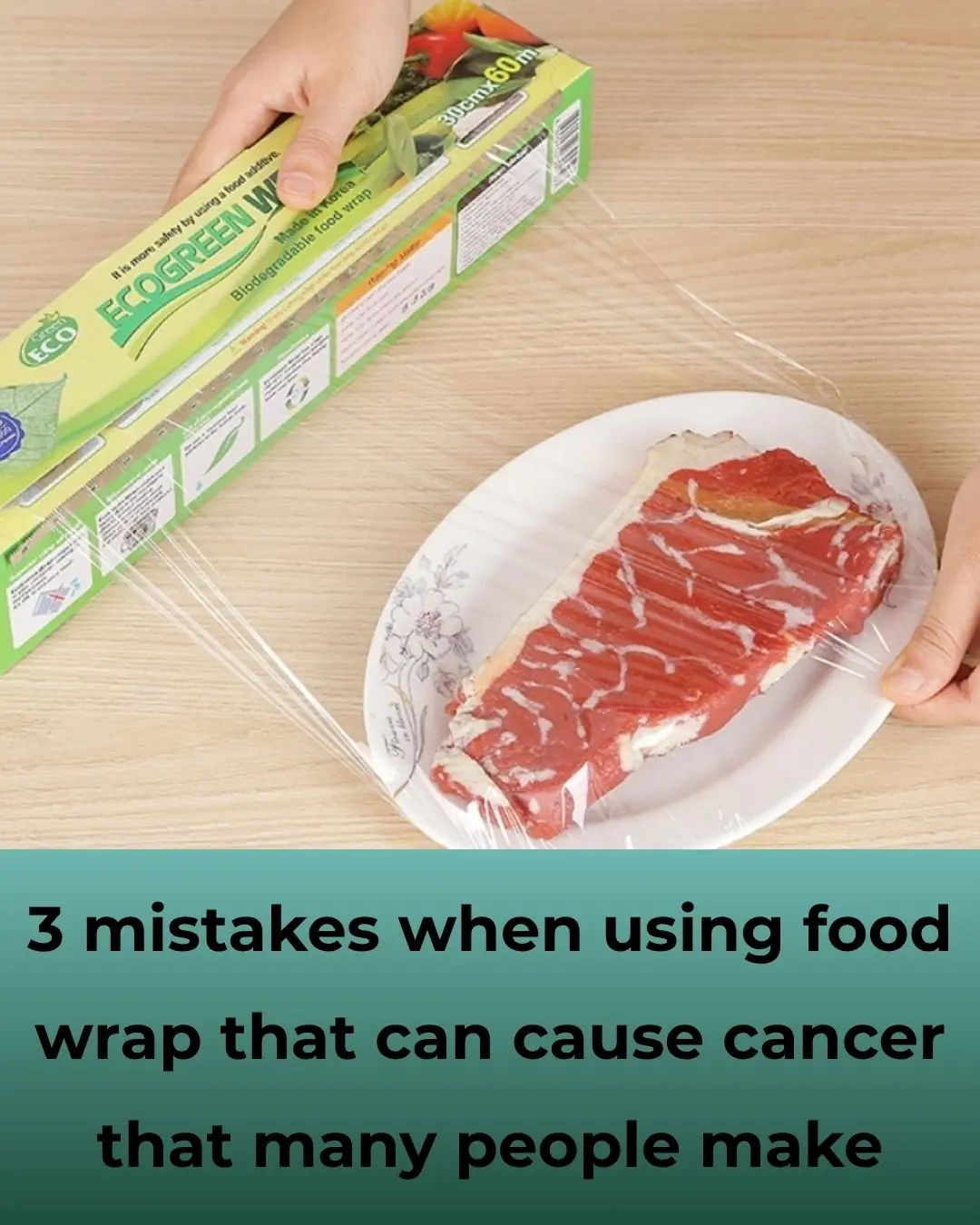
3 Common Mistakes When Using Plastic Wrap That Can Cause Cancer and Are Often Made by Many People

What Do Vertical Nail Ridges Mean After 40

What Your Favorite Ice Cream Flavor Says About You
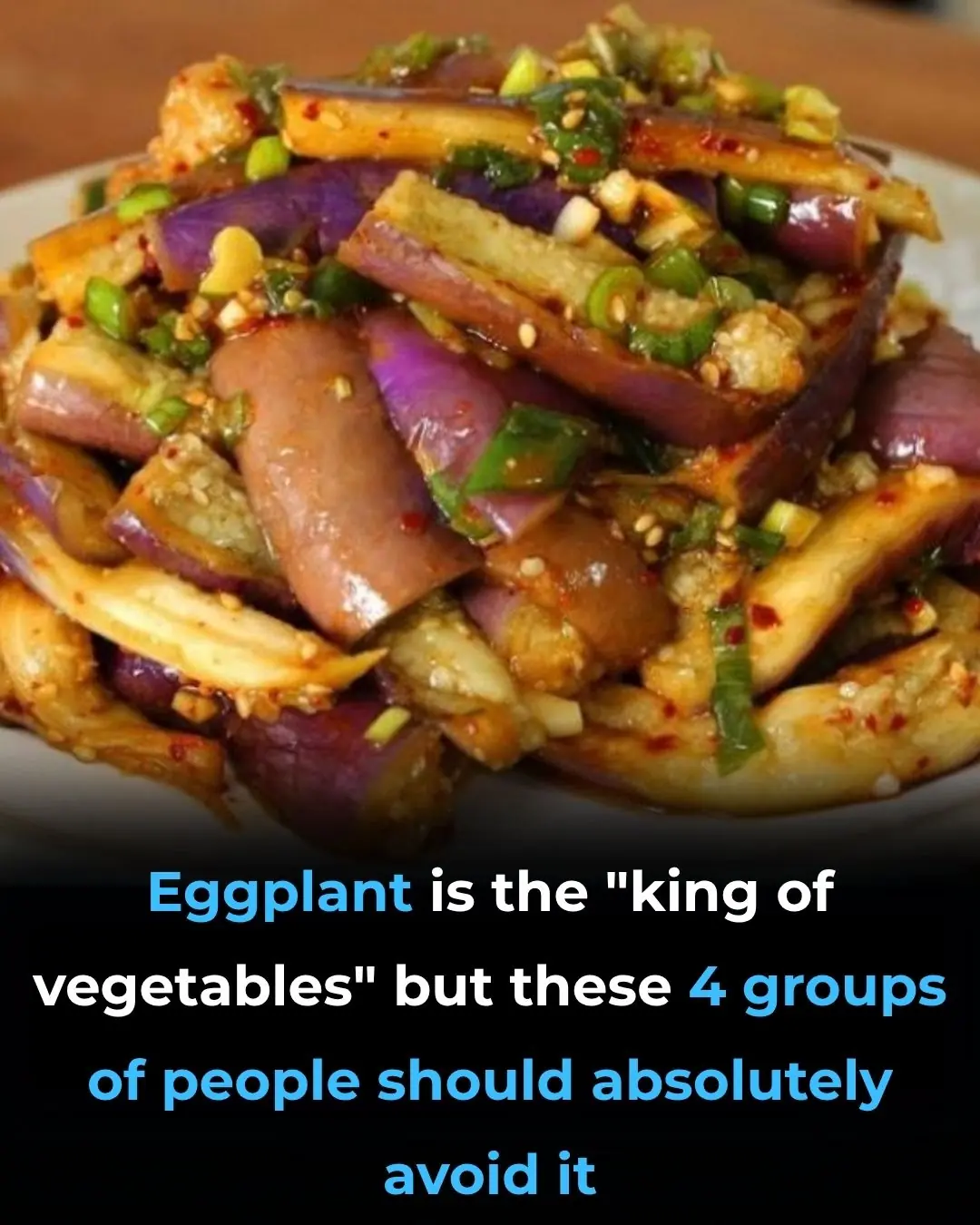
Eggplant The King of Vegetables
News Post

Your pancreas could be ‘silently inflamed’ right now and you’d never know until it’s too late

A Teen’s Dive Into Darkness.

The Tiger and the Goat: A Friendship That Defied Nature.
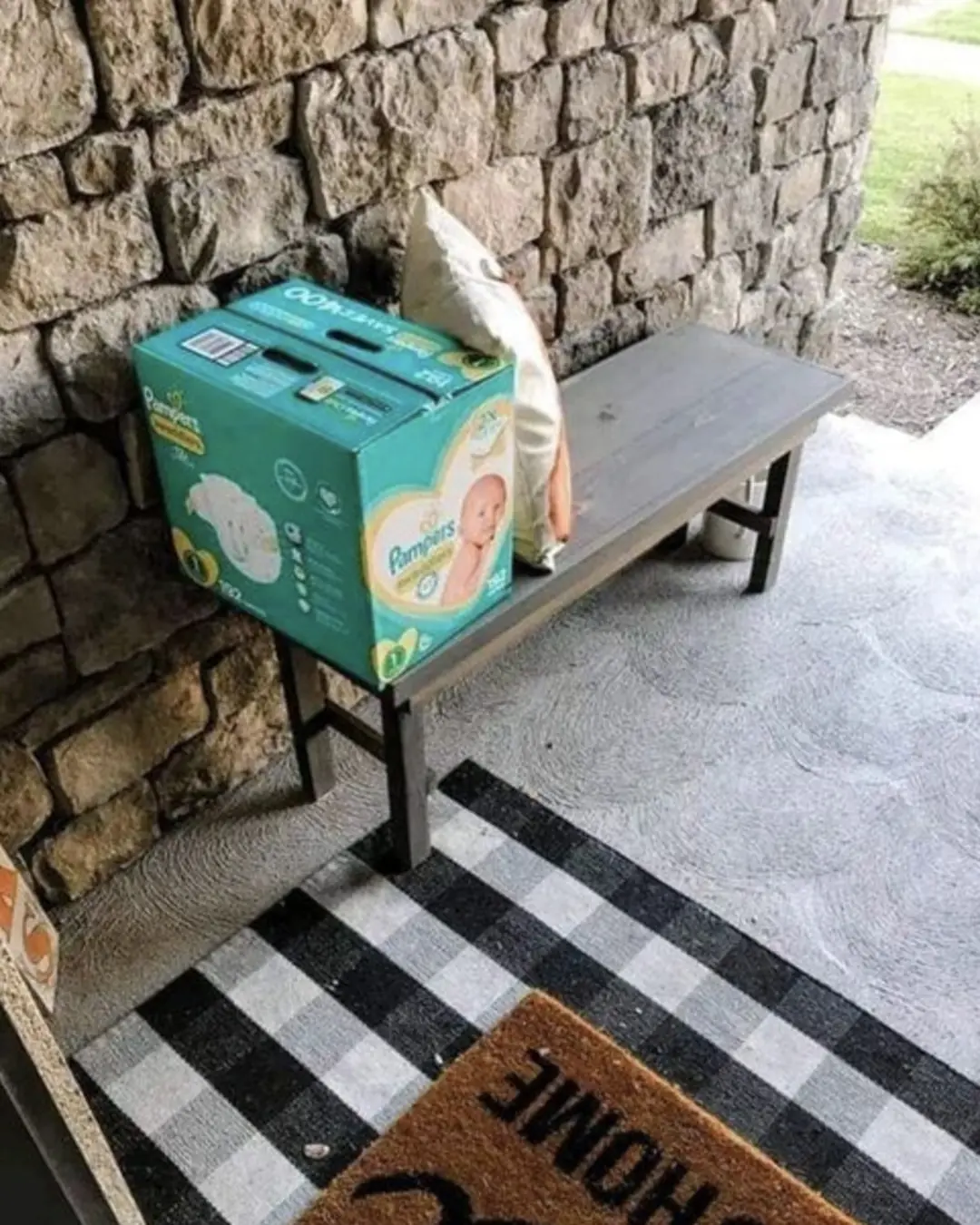
A Pack of Diapers, A Lesson in Love.

The Price of Courage: The Story of Viola Liuzzo, the Mother Who Died for Freedom.

Love Without Age: An Elderly Woman’s Journey to Her Perfect Companion

A Teen’s Compassion Restored the Smile of a Broken Boy

The Day a Mother Refused to Let Go — Nicole and Astro’s Fight Against the Tide.

Farewell to “Big Red”: A Police Dog Who Served With Courage and Retired With Love

“I Became Aware” — The Journey of a Young Man Who Refused to Be Defined by His Circumstances.

Carson’s Fight: A Four-Year-Old With a New Heart and Unshakable Faith

A Mother’s Love Without Borders.

A Stranger’s Gift: How One Small Act of Kindness Changed a Family’s Night

The Man on the Barn Roof: A Quiet Story of Loyalty, Work, and Grace.

Back on the Bench: An 85-Year-Old Man’s Remarkable Return to His Park and His Pups

Through a Dog’s Eyes: The Unconditional Love We Rarely Stop to See

Papa’s Soft Side: Bruce Pearl’s Greatest Legacy Isn’t on the Court

Raja the “Tax Collector”: Sri Lanka’s Gentle Giant Who Stops Cars for Snacks.

One Year of Courage: Branson’s Brave Battle.
